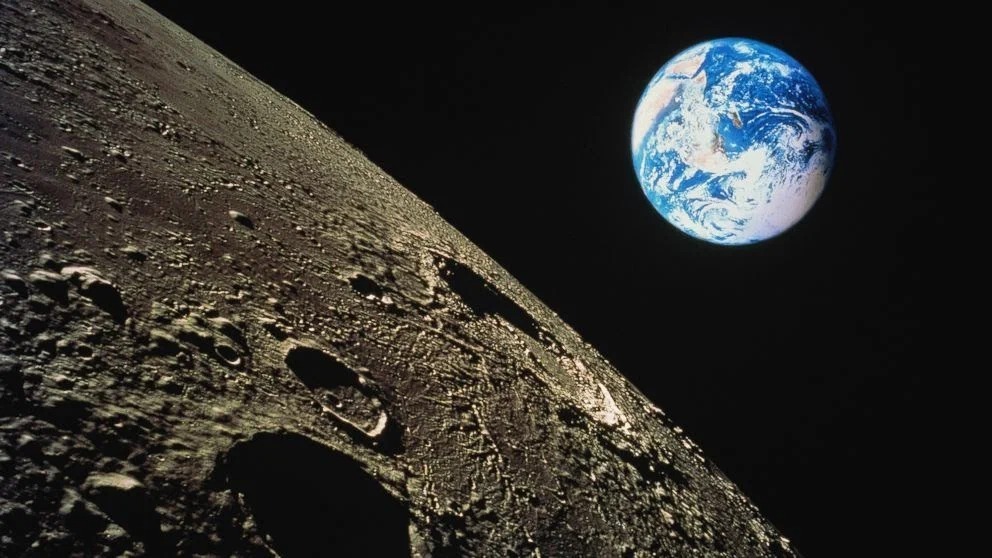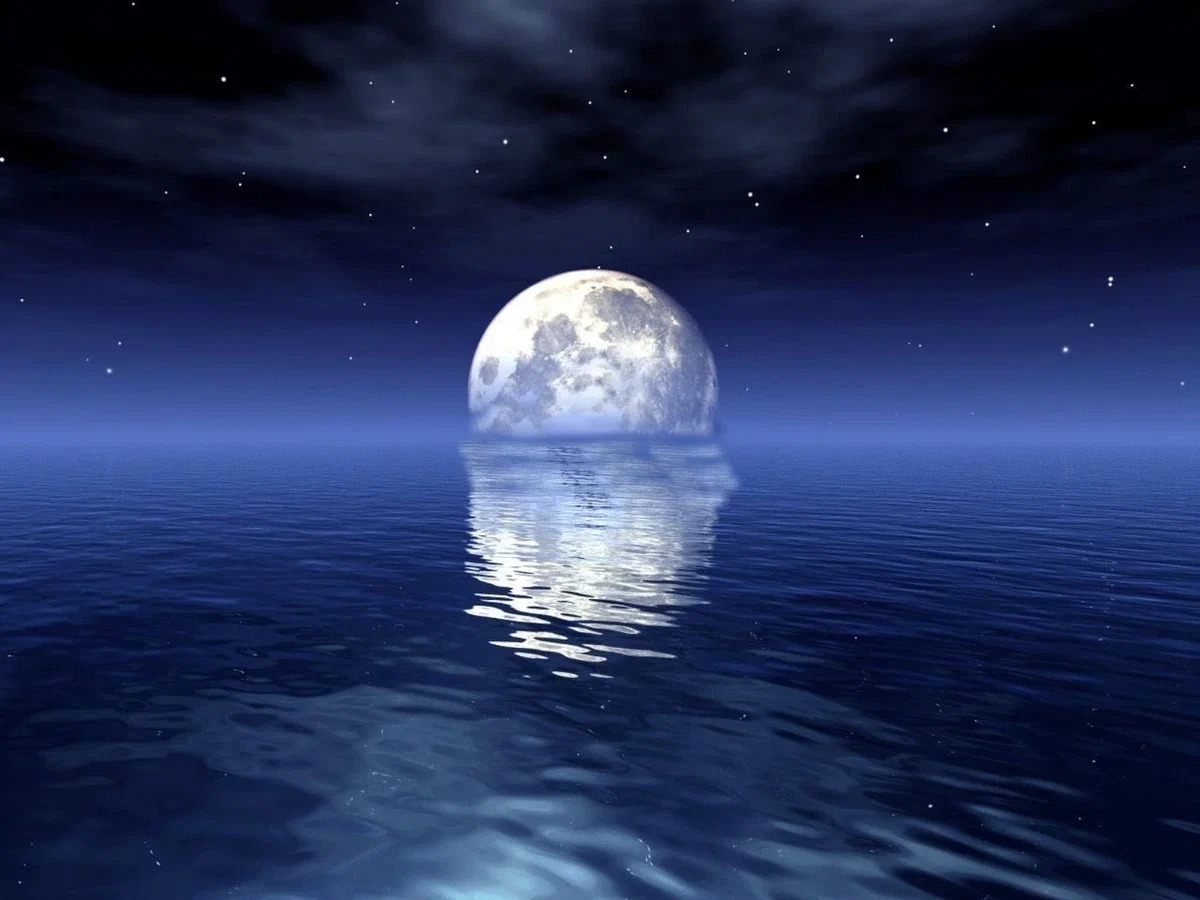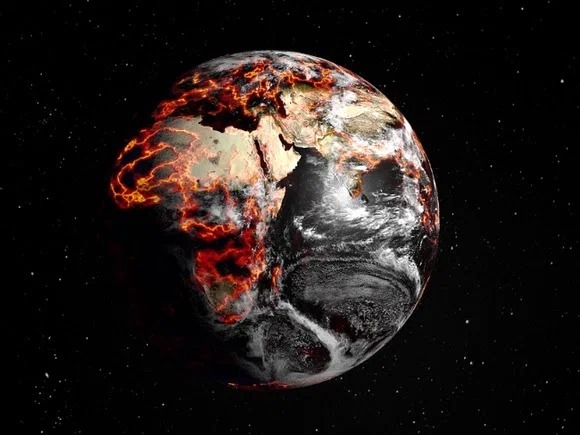Most people think that our moon affects them the most during the full moon. Some claim that scientists have proven it. Sure, the moon has a significant impact on the earth, but does its phase matter? What happens if the earth does not exist?
Influence of the moon on man
“Scientists have confirmed that most babies are born on the full moon” – such headlines in various newspapers as “supermoons” or lunar eclipses. At each full moon, astrologers make a list of things they cannot do at this point in the moon. Most people believe this, but what does science say?
There has been research and statistics on the birth rate of the full moon, but for astrologers, the conclusion of the scientists who conducted these studies is disappointing. In France, such statistics were collected from 1985 to 1990, and according to its findings, it was only 0.14 per cent during the period of total birth rate increase, which is not enough to support any of these theories.
Some researchers continue to argue that they see little connection between humans and changes in the phases of the moon, while others deny this. Others argue that if the lunar cycles had a significant influence on human activity, this relationship would have been proven by science for a long time. But so far no theory of the moon’s influence on human activity has been convinced.
The influence of the moon on the earth
Contrary to astrological claims, the influence of the Moon on Earth is a scientifically proven fact. One of them is the tide and the flow of water on the earth. The position of the ocean and other large bodies of water depends on the position of the sun and moon. After all, the gravitational pull of these celestial bodies affects water, raising it in some places.
Also, due to the relatively large size of the Moon, our planet is more stable. According to scientists, the Moon has an axis of almost constant tilt due to the Moon, which gives a constant change of seasons.
What happens if the moon disappears?
This is certainly not possible, but let us imagine such a situation. In the absence of the Moon, the tides will decrease significantly (only solar energy remains). However, many marine species depend on the tides to survive, so with the extinction of coastal habitats, many species could die, which could have unpredictable adverse effects on other marine and terrestrial species, leading to massive extinction, scientists say.
Tidal movements, on the other hand, help to stabilize the earth’s climate. Ocean currents are mostly driven by tides. These currents carry hot water from the equator around the world and thus significantly affect the global climate. In addition to this effect, the Earth’s temperature will change significantly, leading to climate change.
One of the most important consequences of the Moon’s influence on Earth is the tilt of the Earth’s axis. When the moon disappears, it destabilizes the tilt of the axis. This may change over time, leading to more extreme weather and ice ages.
In addition, without night light, many hunters will not be able to hunt and die, leading to drastic changes in habitat: animals that are uncontrolled by nature will be able to eat all plants, as happened during sparrow hunting in China. The mass extermination of these birds multiplied and devoured all crops, which became one of the causes of mass starvation.

Prone to fits of apathy. Unable to type with boxing gloves on. Internet advocate. Avid travel enthusiast. Entrepreneur. Music expert.






